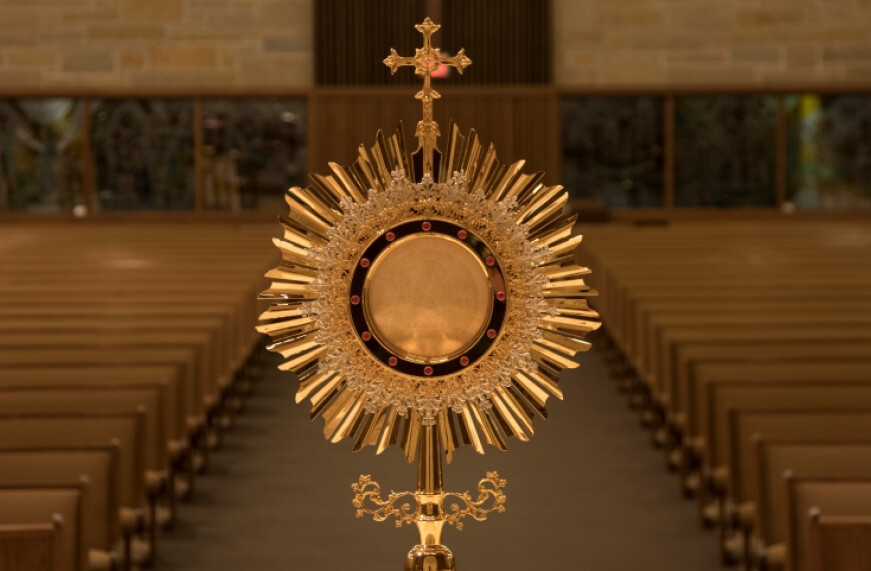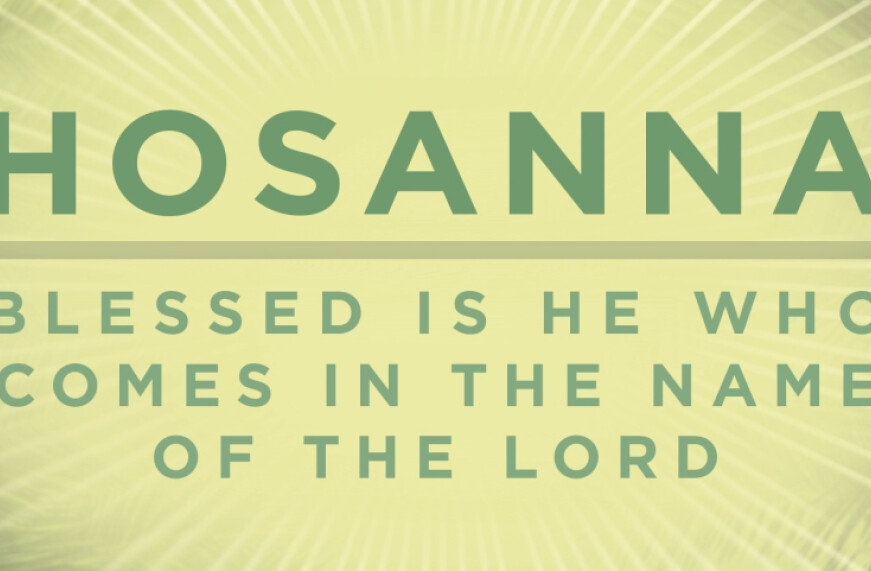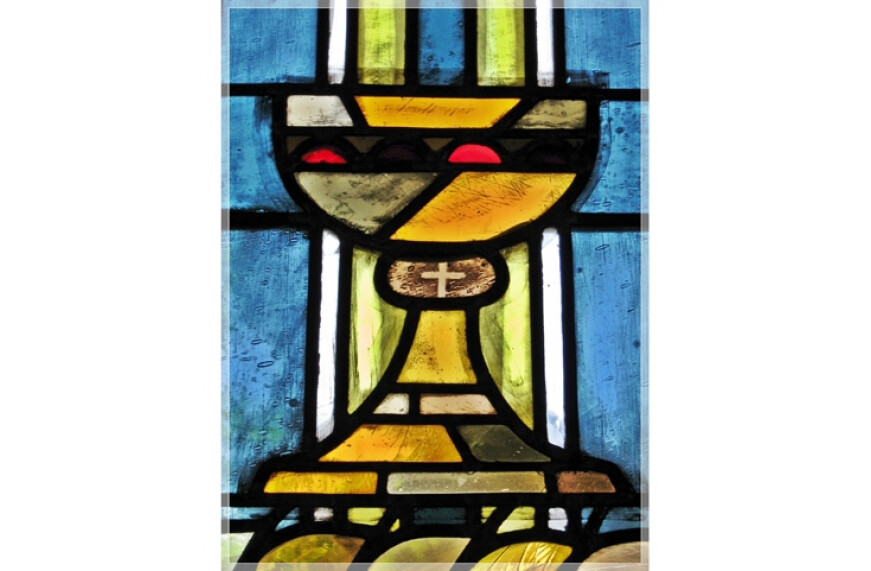More Than a Feeling

As a Catholic revert, it often breaks my heart to watch people take the Eucharist so lightly. About 4 years ago, when I still considered myself a non-denominational Christian, I attended an adoration night with my new Catholic friend. I had grown up Catholic, and I was even part of Life Teen in high school, so I was familiar with adoration. I never felt like I actually felt or experienced Jesus though, so, I concluded it couldn’t be true. At this point, I thought whatever denomination you were didn’t really matter, as long as you love Jesus and show that to others.
So, at this adoration night 4 years ago, I remember when the priest brought Jesus around. I thought to myself, “I’ll give this one more chance.” The priest brought the small host in the monstrance over. I looked at Jesus and he looked at me. I still didn’t feel or experience anything spectacular.
In the coming months, I dove head first into Catholic theology, Church history, and studied the Scriptures deeper than I ever had before. I couldn’t figure out what Jesus meant by, “this is my body, this is my blood.” Was he really serious? As I learned things I had never known before, I couldn’t deny the true Presence of my Lord and Savior Jesus Christ in the Eucharist. It was real. He was really, truly, present. For so many years, I had been wrong. All because I couldn’t “experience” Him there.
So often in my life, I have let my feelings guide my faith. I have learned that faith is far more than a feeling, although sometimes I do experience feelings. Faith also takes understanding, learning, and knowledge. Jesus does not ask us to blindly follow him. I realized encountering Jesus is a gift, not something to be strived after. I had a heart posture of, “Prove that you’re real,” instead of “Jesus, show me who you are and how much you love me.” Now I have a confidence and assurance that my Savior is present, whether or not I can feel him there.


